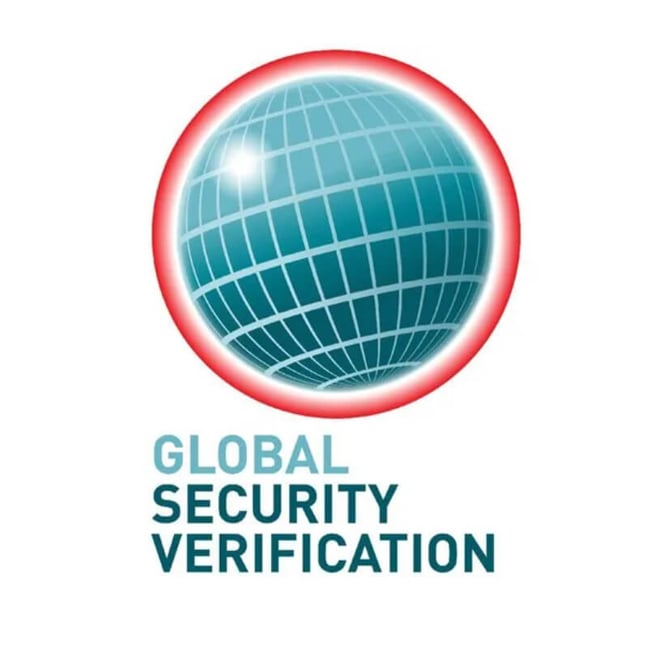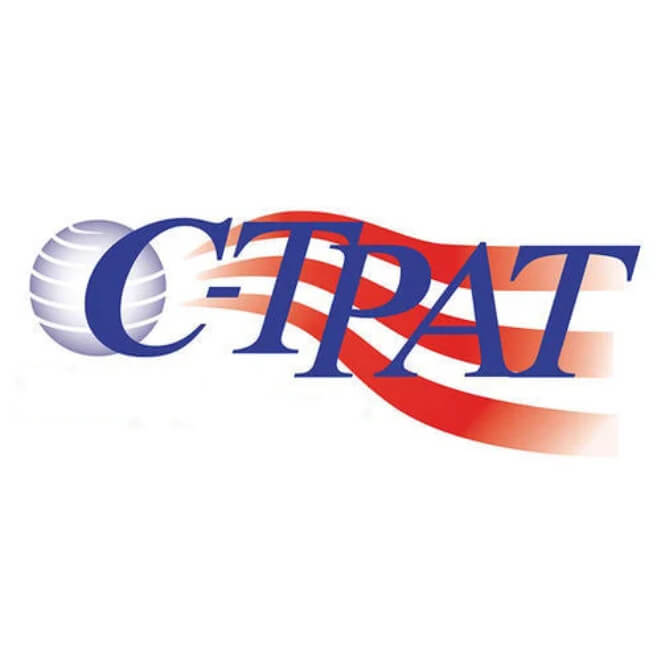
GSV ( Global Security Verification Standard )
The Global Security Verification standards and criteria have been implemented by the global trade community. They aim to secure trade, protect against terrorist acts, and to combat illegal trafficking. As part of enforcing and adhering to the international supply chain security standards, companies must assess their supply chain to identify, mitigate and eliminate potential security risks.
Key Benefit
- Enables importers and suppliers to leverage efforts through a common industry platform and collaboration
- Delivers effective data gathering, analysis and reporting capabilities that allow for risk mitigation and more informed decision making for all supply chain partners
- Reduces audit fatigue by enabling suppliers to share their verification reports with various importers, allowing them to prioritise resources towards learning and continuous improvement versus repeat auditing
- Employs a consistent scoring methodology across all players that is combined with the use of automated auditor tools to provide increased audit efficiency, consistency and better reporting capabilities
GSV2.0 – CRITERIA
Corporate security
- Security, vision, and responsibility
- Risk assessment
- Business partner security
- Cybersecurity
Transportation security
- Conveyance and instruments of international traffic security
- Seal security
- Procedural security
- Agricultural security
People and physical security
- Physical access controls
- Physical security
- Personnel security
- Education, training, and awareness


C-TPAT- Custom-Trade Partnership Against Terrorism
Customs Trade Partnership Against Terrorism (CTPAT) is but one layer in U.S. Customs and Border Protection’s in 2001. CTPAT is a voluntary public-private sector partnership program which recognizes that CBP can provide the highest level of cargo security only through close cooperation with the principle stakeholders of the international supply chain such as importers, carriers, consolidators, licensed customs brokers, and manufacturers. The Security and Accountability for Every Port Act of 2006 provided a statutory framework for the CTPAT program and imposed strict program oversight requirements.
CTPAT Benefits
- Protect border security
- Evaluate and enforce security measures in supply chains
- Higher productivity and working quality
- Bring products to market faster
Security Criteria
Container Security
- Container Seals
- Container Storage
Physical Access Controls
- Employees
- Visitors
- Deliveries (including mail)
- Challenging and Removing Unauthorized Persons
Personnel Security


Procedural Security
- Documentation Processing
- Manifesting Procedures
- Shipping & Receiving
- Cargo Discrepancies
- Security Training and Threat Awareness
Physical Security
- Fencing
- Gates and Gate Houses
- Parking
- Building Structure
- Locking Devices and Key Controls
- Lighting
- Alarms Systems & Video Surveillance Cameras
Information Technology Security
- Password Protection
- Accountability
SCAN- Supplier Compliance Audit Network
The Supplier Compliance Audit Network (SCAN) is an industry trade association that provides a systematic approach whereby mutually acceptable global compliance standards are achieved in reducing audit and operational redundancy for common supply chain stakeholders while maintaining confidentiality.
Benefits of SCAN Audit
- Fewer frequency of supply chain security audit requests
- Elimination of audit fatigue
- Possible exemption from Stratified Exams
- Shorter wait times at the border
- Access to the Free and Secure Trade (FAST) Lanes at the land borders
- Business resumption priority following a natural disaster or terrorist attack
SCAN Programs Requirements are
- Physical Security
- Procedural Security
- Container & Trailer Security
- Information Security
- Business Partner Requirements
- Conveyance Security
- Physical Access Controls
- Personal Security
- Security Training And Awareness
